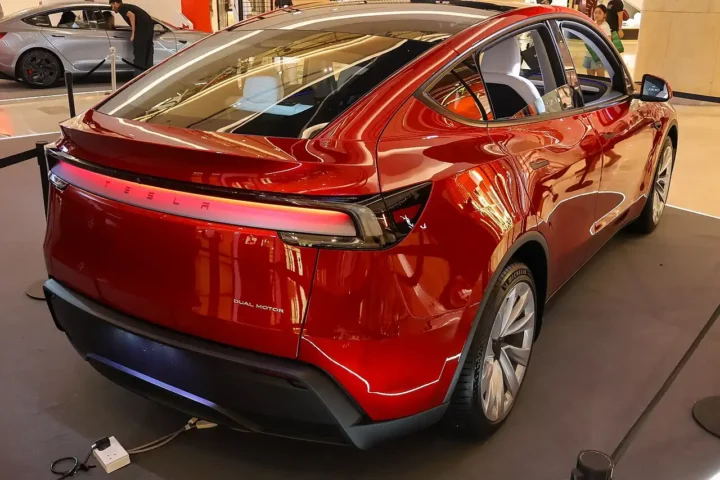Ascent Solar Technologies is making waves with its latest creation, the Titan solar module. Designed for space, Titan is a game-changer with a record-breaking 17.55% efficiency. It’s a big deal for renewable energy in space because it combines high power output with a design that’s tough enough for the harsh conditions out there.
Titan is all about high performance in a small package. Each module is about the size of a sheet of paper and as light as a feather at just 10 grams, but it packs a punch with the power it delivers. It’s built to be flexible and durable, so it can handle the twists and turns of space travel.
Paul Warley, the CEO of Ascent Solar, is proud of what Titan can do. He says, “We have now reached the minimum efficiency (17%) that many satellite companies require, a milestone achievement for our team and a critical step toward commercialization for our space product development program.” This means they’re not just efficient in how they make power, but also in how they’re made and used in space. And the best part? They’re ready to be shipped out by early 2024.
Similar Posts
The secret sauce to Titan’s success is a mix of smart chemistry and manufacturing. Adding rubidium fluoride to their CIGS technology was a smart move that bumped up their efficiency. This tweak means that Titan can offer more power without adding weight, which is crucial when every gram counts in space.
Ascent isn’t stopping there. They’re looking to push efficiency even further with Zn(O,S), a new kind of thin film that’s better for the environment and captures more light. This could mean even more power and less wear and tear over time.
Warley sums it up: “We are well positioned for adoption as one of the most flexible, light and suitable solar solution to reduce waste in space.” This is a big step for Ascent, putting them in a great spot for their solar tech to be used in satellites.
This is exciting news for the future of energy in space. Titan is set to be a key player in powering space missions sustainably. With its top-notch efficiency and design, it’s ready to support the next generation of space exploration. As we gear up for 2024, the energy industry is buzzing with anticipation for Titan’s launch, ready to see how it will shape the future of power in the final frontier.


















